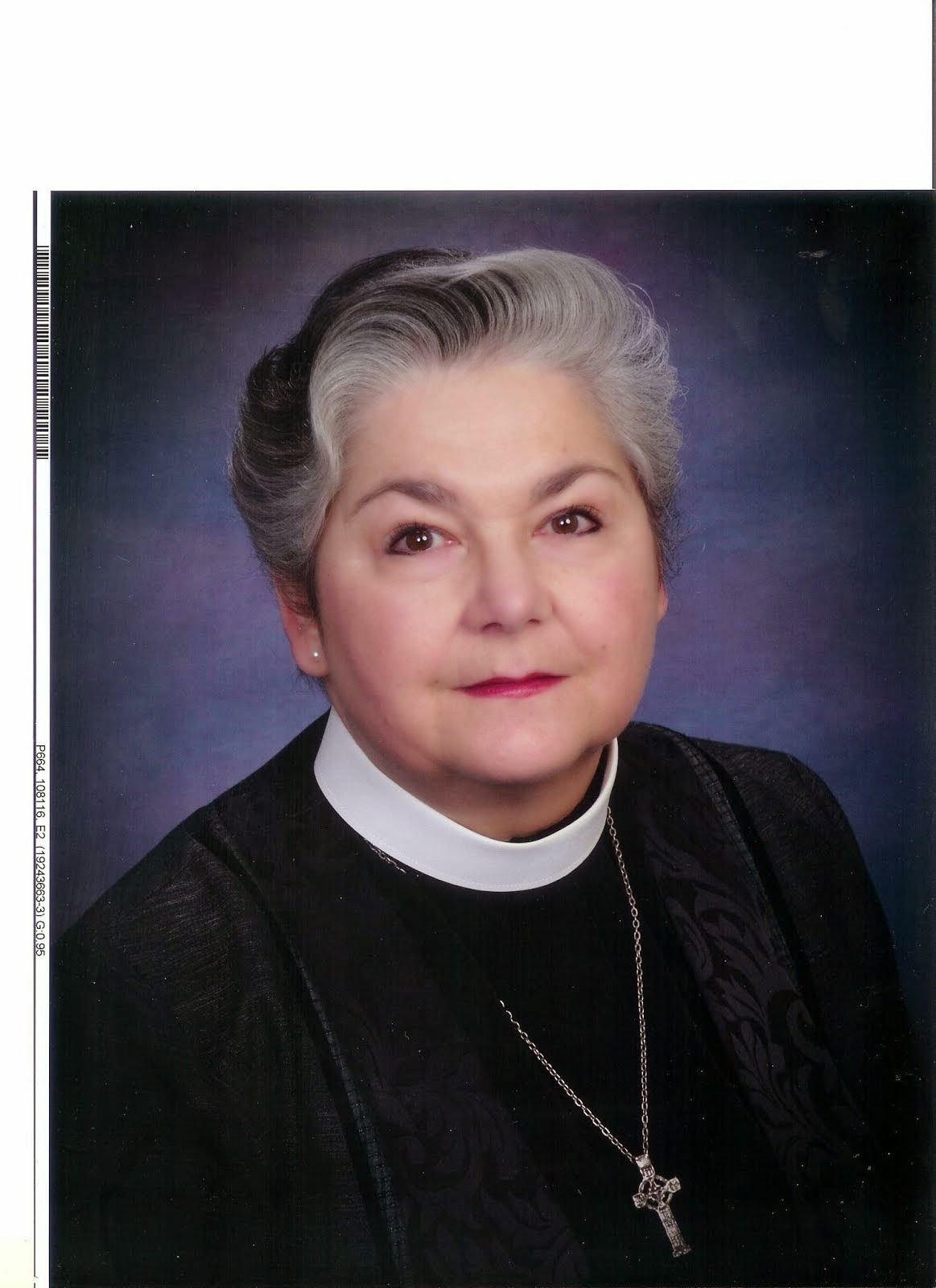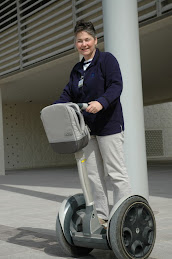For
the past few years, my husband and I have served as foster parents to a hive of
bees. It’s a strange story. When we needed to have some dead trees cut down,
the workers discovered a huge hive inside the gaping trunk of the tree.
We
weren’t entirely surprised by that. We had three neighbors who were hobbyist
beekeepers, and two had experienced swarm events in prior years, losing whole
hives full of bees. Now we knew where they had taken up residence.
Tree workers have a dread of bees, and ours
carried a case of insect killing spray -
the aptly named CRC Bee Blast - with
them, so when it became obvious that there were bees that were threatening
them, they sprayed the heck out of that old tree before starting to saw it
down. Cans were strewn all over the yard that night. The next day, they removed
the tree sections and picked up the cans. We thought nothing further of it
until the next afternoon, when we looked out into the yard and saw what looked
to be a black t-shirt hanging down from the crape myrtle. Perhaps one of the
tree guys had taken off his shirt in the heat and had forgotten it.
On
closer inspection, though, we realized it wasn’t a t-shirt at all. It was a
swarm of bees. So much for the inundation with Bee Blast!
We
called our beekeeper neighbors, and they brought over a smoke can – smoke
settles the bees – and a hive box, and they dropped the black, buzzing clump
into the box. The box was put on a stand in our yard, because bees like to stay
put. If they had moved the newly boxed bees back to Ed’s or Roland’s house, the
bees would just come back to us.
Our
local experts didn’t hold out much hope for the survival of the bees. It was
unclear there was a queen among them, and without a queen, the hive would die
off fairly quickly. But somehow the plan worked. There must have been a queen,
because those bees not only survived, they thrived. The beekeepers had to add
extra frames, and at the end of the season, some fourteen big jars of honey
were collected! This has gone on for a few years now, and it has been
fascinating to watch the bees in action. When the weather has been suitable, we
have seen the honeybees out and about, enjoying collecting nectar from our
flowers, taking little “bee-baths” on the edge of our pond. There’s been a
steady stream of to and fro from the hive box during daylight hours,
particularly when it’s a hot sunny day. We’ve learned to stay out of their
flight path – they’re bees on a mission! And have never been stung. And oh, the
honey! Delicious, delightful, wonderful.
They’ve
truly been industrious. There’s a reason why that phrase “busy as a bee” is
such a common one: bees do appear to be out and about all the time. They’re
headed to the flowers to take in their nectar, and they zip back to the hive to
store it as honey. Their mission is to support the hive. The queen lays eggs,
drones are male bees whose role is to mate with the queen, and workers go get
nectar and pollen as food for the brood of bees.
They
understand their purpose. It’s deeply wired into them. They don’t have to think
about it, they just do it.
But we
humans, our wiring for purpose may be much more tangled and elusive. We wonder
why we were put on earth. Are we simply around to perpetuate the species, like
the bees, which contribute to a larger ecosystem but at least in their little
bee minds, are simply about the continuation of their family of bees?
This
notion of purpose is at the heart of what Jesus is addressing in today’s
gospel.
Now as
a Martha-type person myself, I always chafe a bit at this gospel. Having hosted
my share of dinner parties where I’m doing all the heavy lifting and others sit
back and chat on the sun-porch, I get why Martha is annoyed.
The
question is, why is Jesus lauding Mary, who’s sitting on the sun-porch? Isn’t
Jesus himself always doing something – his times of relaxation are so few that
they are always mentioned in the Gospels, as if to say he’s worn himself to a
frazzle and needs a break, but by the way, he works harder than you ever will,
so don’t say a word!
Martha
is following the social conventions of the Middle East in the first century: you
always provide hospitality. It’s expected, and as the senior woman in the
household, she does what is expected.
But
there’s a sense as we hear the story that Martha is doing something wrong, even
though it’s the sort of behavior that was important, even to Jesus. Earlier in Luke 10, Jesus sent out 70 disciples and told them to
expect and accept hospitality from others. Isn’t Martha precisely the sort of host
that Jesus had promised? Later in the Gospel, when those closest to him begin
to argue about which one of them is the greatest, Jesus will define “great”
discipleship and even his own ministry in terms of serving others (Luke
22:24-26), using the same vocabulary that here describes Martha.
I hate it when the gospel seems to be inconsistent. And yet it’s
not…
Medieval biblical scholars would refer to the way that Martha
lived her life as vita activa, the
active life, in contrast with Mary, who represents the vita contemplativa, or contemplative life. Action versus
contemplation, and we all have days and seasons when we live more in one than
the other.
Here’s the thing: both manners of being are necessary in this
world. Jesus knows that. Even he, fully human but also fully divine, has moments of action and moments of
contemplation.
Both the
active life and the contemplative life are needed; to choose one over the other
can create a false dichotomy. Saint Ambrose observed: “Virtue does not have a
single form. In the example of Martha and Mary, there is added the busy
devotion of the one and the pious attention of the other to the Word of God.”5
Martha is not sinful – she is, as someone participating in the vita activa – living in a space of
discipleship, just as Jesus talked about elsewhere in the Gospels.
But perhaps what Jesus is pointing to in his gentle words to
Martha has to do with bees…
..bees?
Consider the bees. Their purpose is clear to them. Keep the world
of the hive and the perpetuation of the brood going. The queen lays the eggs
after being fertilized by a drone and the workers provide sustenance for all
the bees and they also clean the hive. Those worker bees sound rather
Martha-like, don’t they?
But what if the possibilities of what your purpose might be were
much broader and richer? What if you didn’t know your purpose and were hoping
to discover it?
As someone who had several other careers before becoming a priest,
I can tell you that there’s a nagging feeling of “is this it?” when you are not
following your God-given purpose.
We humans are given so many possibilities as the beloved children
of God. One person’s purpose may be wildly different from another’s. And we are
encouraged by Creator God to seek our purpose.
But that requires something more than flitting from flower to
flower to gather pollen and nectar. It requires more than busily trying a bunch
of different things to see which one feels right…
It requires contemplation. The
Vita Contemplativa. It may well be that Jesus was suggesting to Martha that
while Martha had a clear picture of her purpose, Mary might not. For Mary,
spending some time in that place of sitting and learning and praying and
wondering was a necessary part of her growth. Or it could be equally possible
that Martha was so focused on the social conventions of her world that she
never even considered if this was her true purpose, and Jesus was inviting her
to stop and breathe and wonder what purpose God had created her for.
Frustratingly, Jesus doesn’t give us a clear picture of which of
those two possibilities he’s pointing Martha to. It’s like that with Jesus –
part of his vita activa is inviting
us to do the work of considering possibilities – but I know this: he continued
to interact with Martha and she with him after this encounter. She didn’t stomp
off in a huff and refuse to speak with him again.
I imagine her in her kitchen many years later, still busy as a
bee, yet understanding the importance of her work in a way that she hadn’t
before that conversation. Understanding her purpose. Another way of saying that
she understood her purpose is much simpler: she discovered who she was. And the
work she did flowed naturally from who she was.
The vita contemplativa yielded
the vita activa.
May it be so for each of us. Contemplate, then go and do what
flows naturally, as God made you to do.
Amen.








